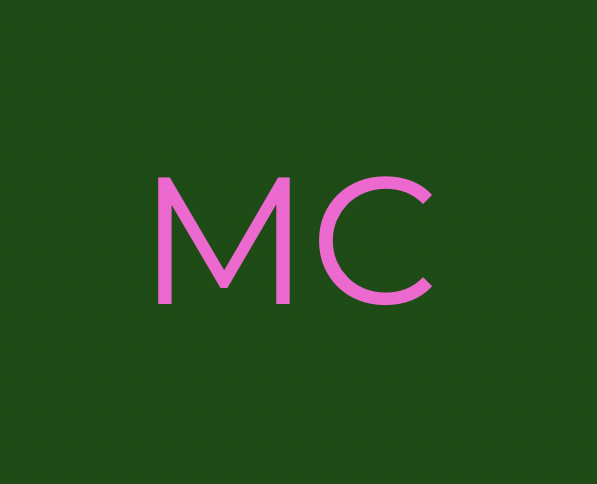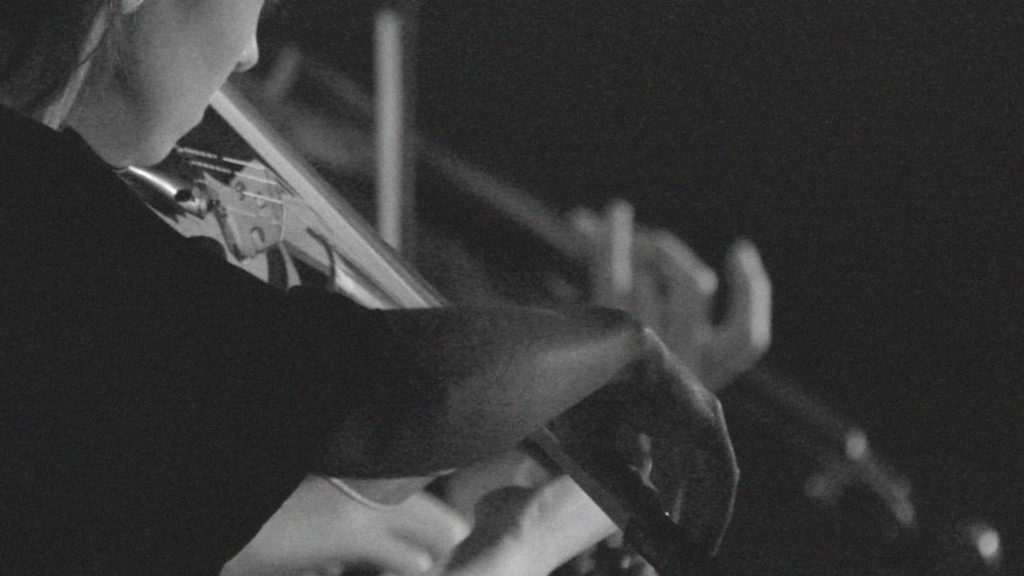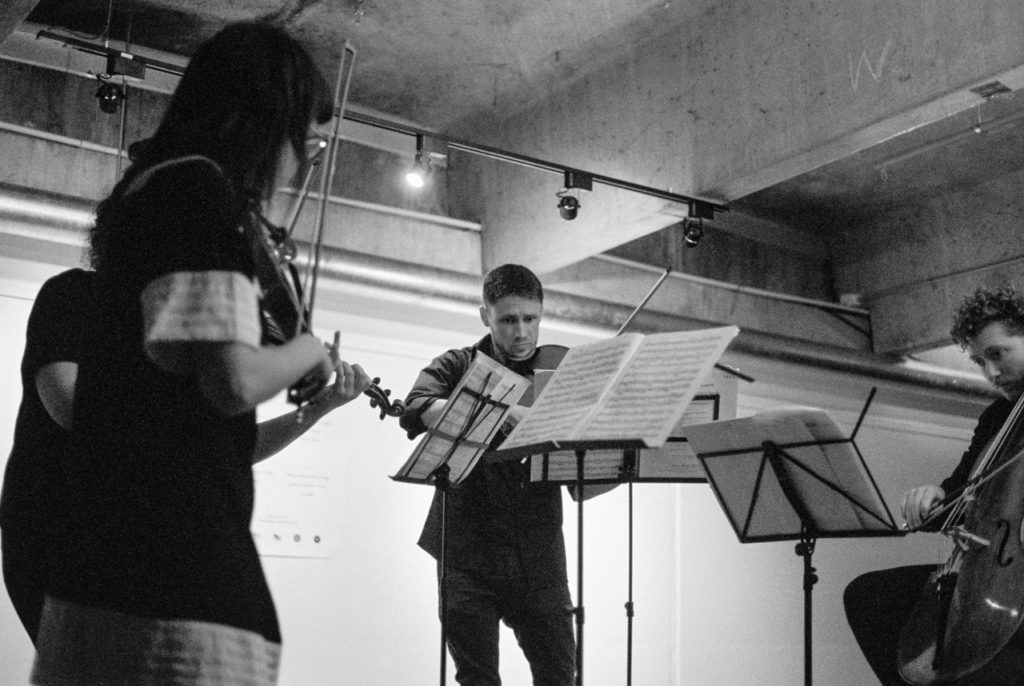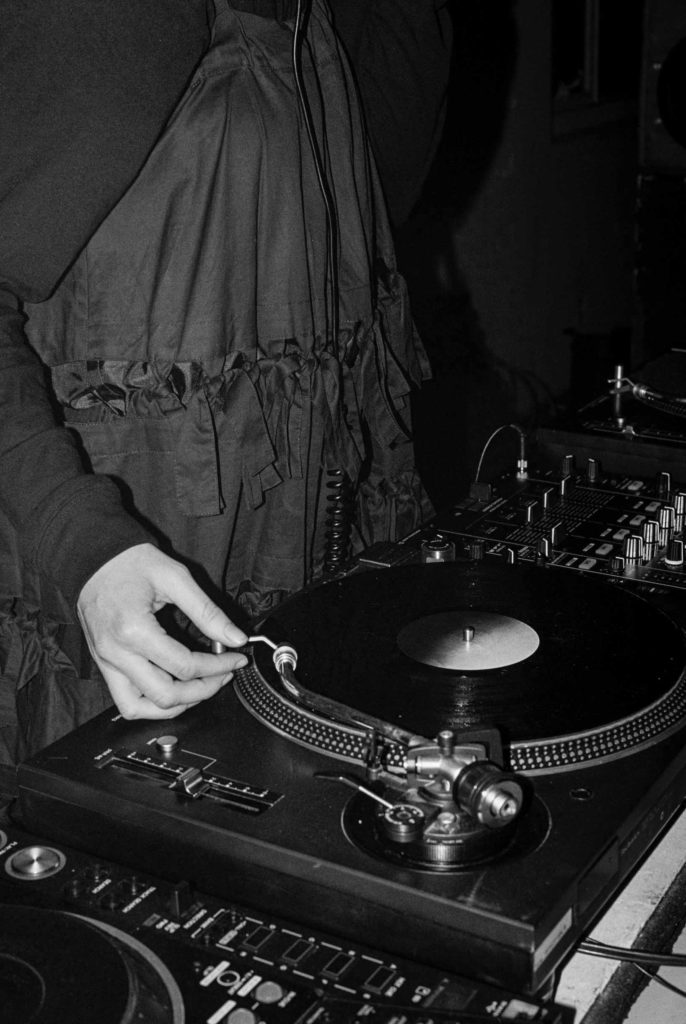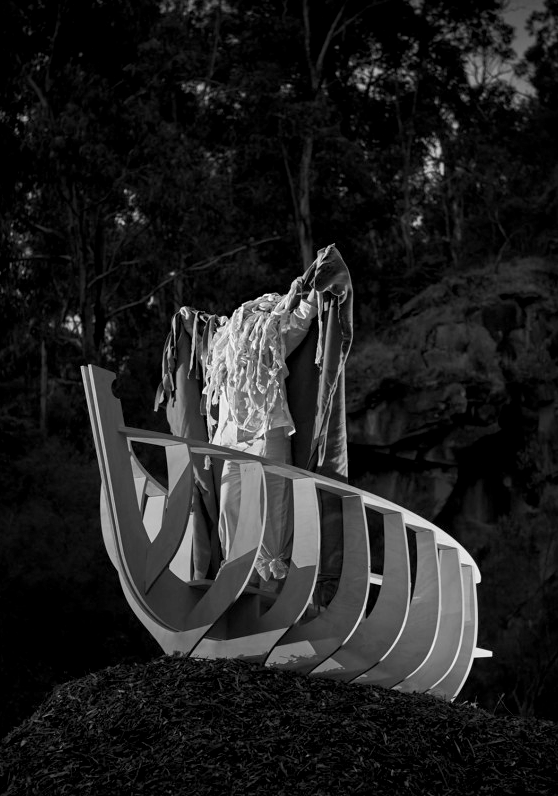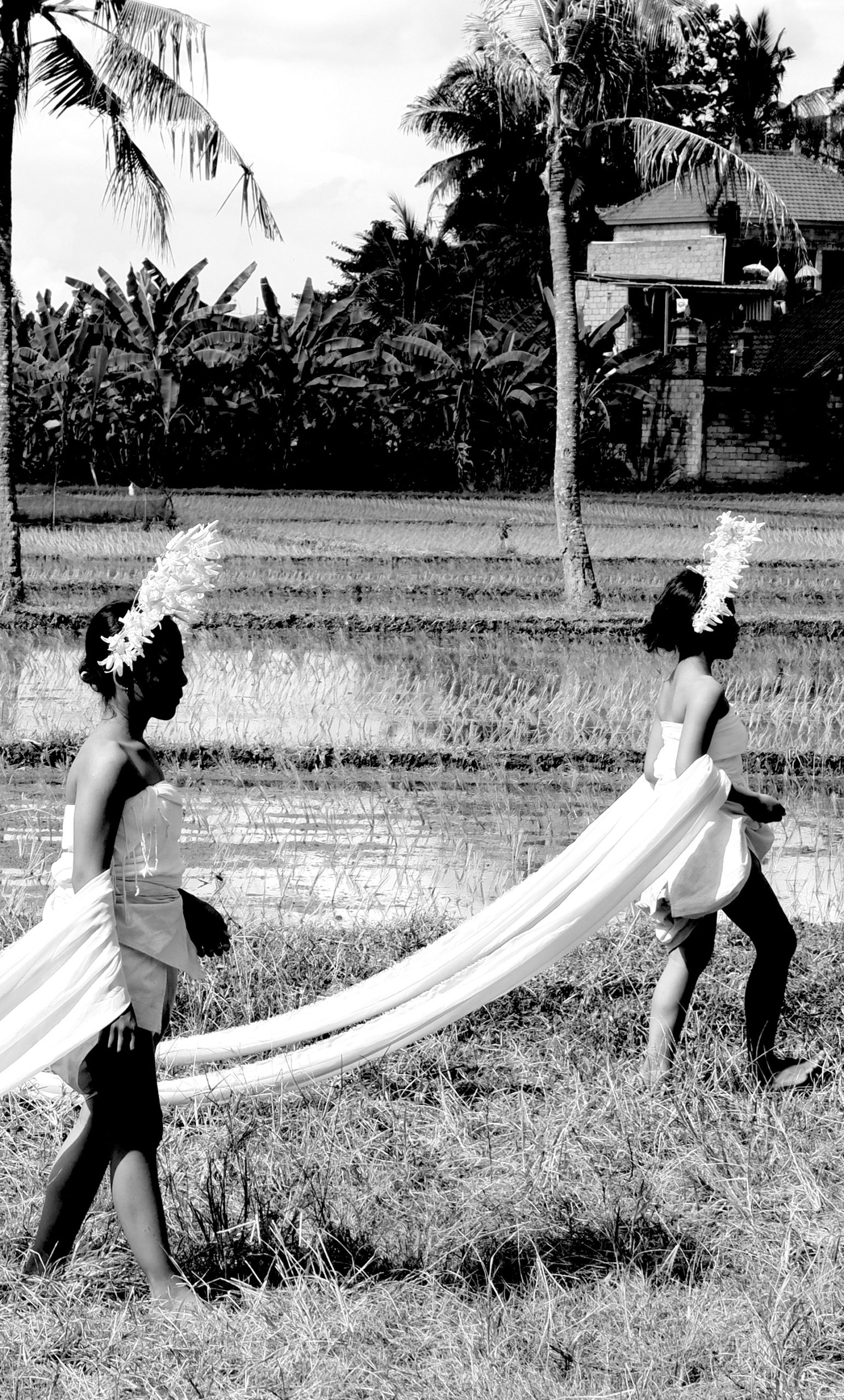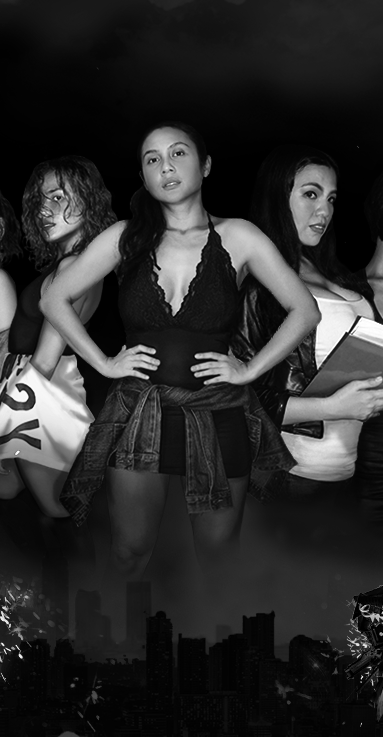PLAY ON / SERIES VI
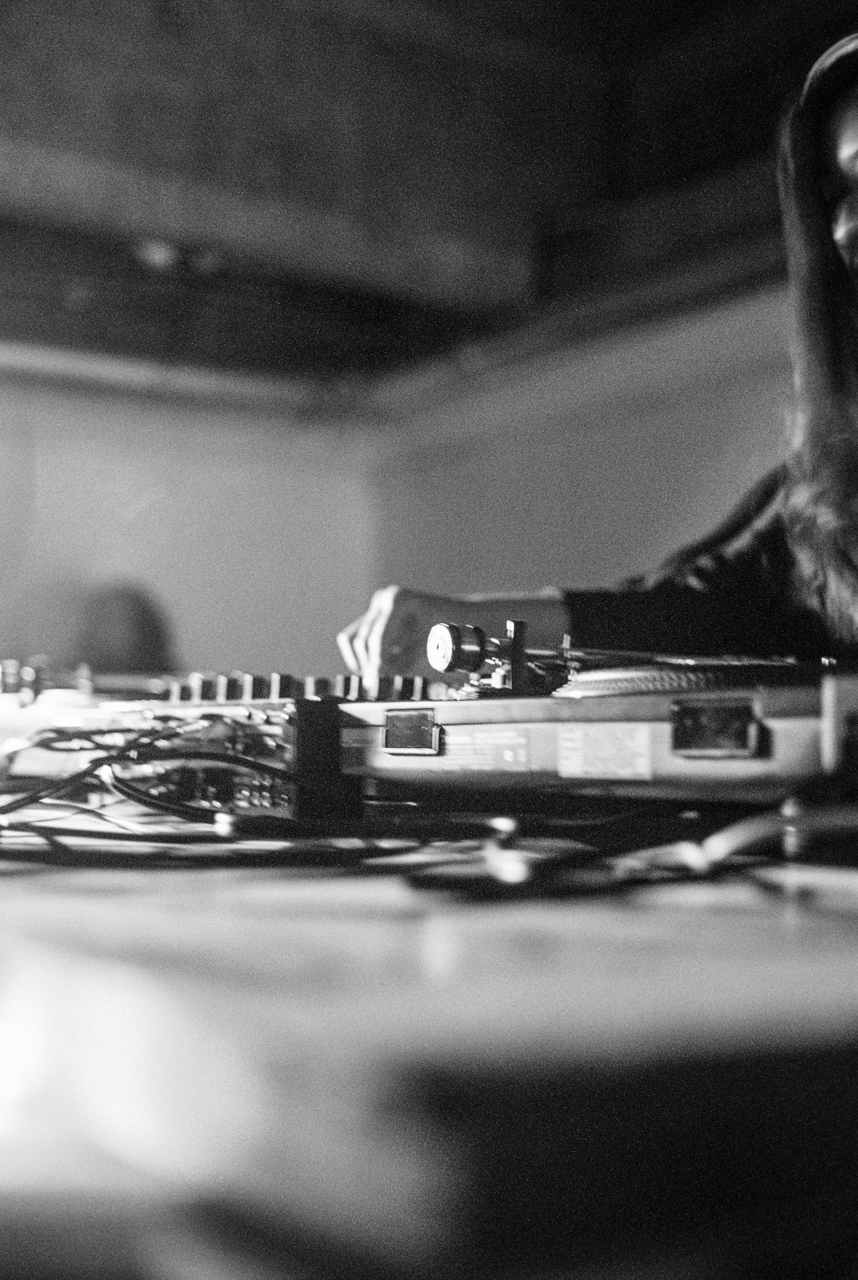
“As we continue to grow and develop Play On I am keen to use the project to interrogate the major issues facing our generation – things like climate change and gender equality, and to see where that leads us.”
Play On is a performing arts company that showcases Australia’s most acclaimed young classical musicians alongside the country’s best electronic artists, connecting audiences and performers through its unique and unconventional concert format. On the ethos and artistic direction of the event, we spoke with with Lydia Dobbin.
This is the 6th series of Play On: what are some of the major distinguishing points of this series, comparing to the previous 5?
The Series Six program is a fresh perspective on the concept at the heart of our project – classical meets electronic. In the past, we have interpreted this in quite a pure way; for example, presenting programs featuring classical era string quartets and piano trios followed by DJs and live sets. ( FOR?) This series, we decided to take it in a new direction and blur the boundaries between classical and electronic. For Series Six Play On presents Steve Reich’s landmark work for string quartet and tape ‘Different Trains,’ an exciting new collaboration between classical percussionist Thea Rossen and dance music duo Sleep D, and a performance by the Chinese / Australian Guzheng player Mindy Meng Wang who will perform traditional Chinese folk songs alongside her own compositions for Guzheng and electronics
There is a strong focus on women and female identifying artists: can you shed light on your particular choice of artists for this series?
This series we are excited to present three incredible classical artists leading their own programs – one for each of the three-week series – Kyla Matsuura-Miller, Thea Rossen and Mindy Meng Wang. When we are thinking about programming it’s not just about who is a technically brilliant player. We’re also looking for artists who have that X factor, who have a certain personality or energy in their playing, and who bring something of themselves to their performances. In terms of the electronic acts, we are very excited to have the veteran selector Babicka play our opening, returning to the stage after a long hiatus, and the excellent DJ Adriana (of PBS fame) to close the series. These artists are not only great selectors, but also have the skill to change the energy of the event, taking over from a seated classical concert and transforming the night into something completely new.
Looking back, how would you describe the history of Play On so far: what is an overarching aesthetic of it?
The Play On concept is about bringing Australian classical and electronic artists to new audiences by presenting old and new music in unexpected places. Presenting classical and electronic music outside of the usual spaces creates the possibility for new ways of listening. Hearing Beethoven in a car park, or John Adams in an old TAFE school (Collingwood Arts Precinct), enables audiences to experience this music without the formalities and etiquette rules of the concert hall. This is also true for the electronic sets. Hearing this kind of music outside the club, on a new kind of dance floor, after a classical performance, allows audiences to behave differently and draw something new from the experience. We are lucky to have a visionary production manager who is able to turn any space – from an underground car park, to the dome at the Mission to Seafarers to OHM Berlin into a welcoming, intimate and beautiful space where audiences experience a sense of discovery and wonder.
Where would you like to see Play On go next, over the next few years?
This is a big question and something we think about a lot! Part of what makes the Play On experience special is the intimacy of the shows, so we want to keep audience sizes small. We’d love to take the concept to new places – to other cities in Australia, to regional Victoria, and overseas too. We want to bring a new audience to Australian classical and electronic music and musicians, and this can happen anywhere. We also have a few collaborations in the works, and our sights set on working with a number of different festivals and events over the next few years.
If you could use PLAY ON to radically change, challenge and improve the world of art tomorrow, what would you do?
Meaningful cultural experiences have the power to transform our lives, enrich the human experience and shape the way we see the world. Classical music is our link to the past – it connects us to the lives of those who lived before us, and enables us to see our own lives within the continuum of human experience. The unique concept informing Play On is that it interprets classical music in a radical new way by connecting it with the urgency and relevance of contemporary electronic music. Play On asks its audiences to think about classical music in a new way – as a perfect partner to electronic music. As we continue to grow and develop Play On I am keen to use the project to interrogate the major issues facing our generation – things like climate change and gender equality, and to see where that leads us.
More info? Click here.
